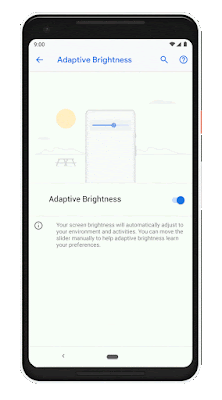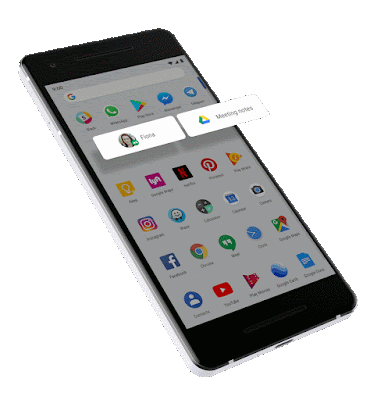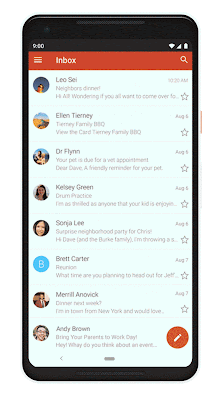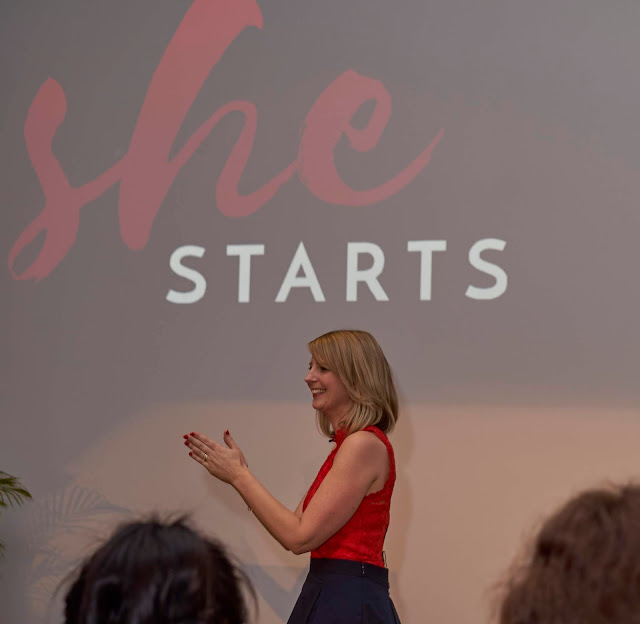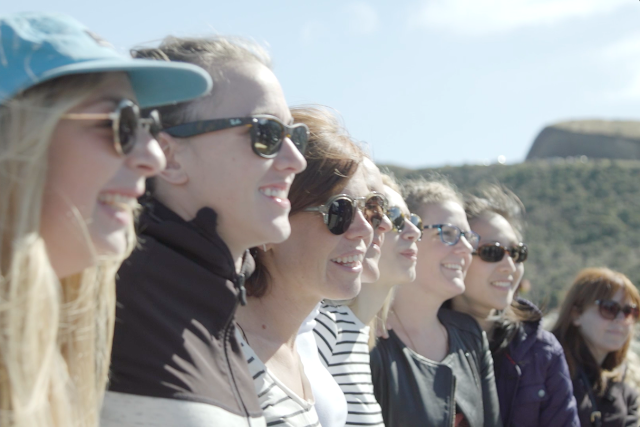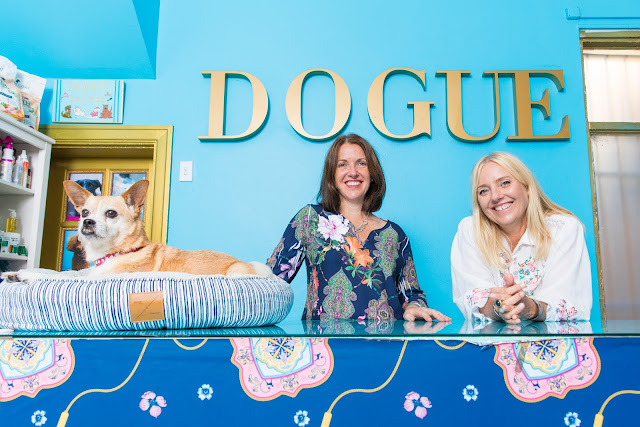The latest release of Android is here! And it comes with a heaping helping of artificial intelligence baked in to make your phone smarter, simpler and more tailored to you. Today we’re officially introducing Android 9 Pie.
We’ve built Android 9 to learn from you—and work better for you—the more you use it. From predicting your next task so you can jump right into the action you want to take, to prioritizing battery power for the apps you use most, to helping you disconnect from your phone at the end of the day, Android 9 adapts to your life and the ways you like to use your phone.
Tailored to you Now easy as pie
Android 9 aims to make your phone even smarter by learning from you and adapting to your usage patterns. That’s why Android 9 comes with features like Adaptive Battery, which learns the apps you use most and prioritizes battery for them, and Adaptive Brightness, which learns how you like to set the brightness in different settings, and does it for you.
Android 9 also helps you get things done faster with App Actions, which predicts what you’ll want to do next based on your context and displays that action right on your phone. Say it’s Tuesday morning and you’re preparing for your commute: you’ll be suggested actions like navigating to work on Google Maps or resuming an audiobook with Google Play Books. And when you put in headphones after work, you may see options to call your mum or start your favorite Spotify playlist.
Later this fall, we’ll also roll out Slices (pie...slices...get it?!) which shows relevant information from your favorite apps when you need it. If you start typing “Lyft” into Google Search, you’ll see a “slice” of the Lyft app, showing prices for your ride home and the ETA for a driver so you can take action more quickly and easily.
Now easy as pie
Making your phone smarter and more adaptive is important, but we also want Android to be easier to use and more approachable. In Android 9, we’ve introduced a new system navigation featuring a single home button. This is especially helpful as phones grow taller and it’s more difficult to get things done on your phone with one hand. With a single, clean home button, you can swipe up to see a newly designed Overview, the spot where at a glance you have full-screen previews of your recently used apps. Swipe up from anywhere to see full-screen previews of recently used apps and simply tap to jump back into one of them. If you find yourself constantly switching between apps on your Pixel, we’ve got good news for you: Smart Text Selection (which recognizes the meaning of the text you’re selecting and suggests relevant actions) now works on the Overview of your recent apps, making it easier to perform the action you want. You can enable this new system navigation in Settings once you’ve received your update to Android 9 (learn more in the help center).
Changing how you navigate your phone is a big deal, but small changes can make a big difference too. Android P also brings a redesigned Quick Settings, a better way to take and edit screenshots (say goodbye to the vulcan grip that was required before), simplified volume controls, an easier way to manage notifications and more. You’ll notice small changes like these across the platform, to help make the things you do all the time easier than ever.
Find the balance that’s right for your life
While much of the time we spend on our phones is useful, many of us wish we could disconnect more easily and free up time for other things. In fact, over 70 percent of people we talked to in our research said they want more help with this. So we’ve been working to add key capabilities right into Android to help people achieve the balance with technology they’re looking for.
At Google I/O in May, we previewed some of these digital wellbeing features for Android, including a new Dashboard that helps you understand how you’re spending time on your device; an App Timer that lets you set time limits on apps and grays out the icon on your home screen when the time is up; the new Do Not Disturb, which silences all the visual interruptions that pop up on your screen; and Wind Down, which switches on Night Light and Do Not Disturb and fades the screen to grayscale before bedtime.



Digital Wellbeing will officially launch on Pixel phones this fall, with Android One and other devices coming later this year. But these features are available in beta now for Pixel phones running Android 9. To try them out:
- Make sure you’re running Android 9 Pie on your device. (Learn how to check which version of Android you have.)
- Sign up for the beta with the email address you use with Google Play.
- Accept your invitation to become a beta tester by clicking the link in your welcome email.
Once you’ve accepted your invitation, Digital Wellbeing will appear in your phone’s Settings app. It may take up to 24 hours for Digital Wellbeing to appear on your device.
Security and privacy baked in
Improving security is always important in each of our platform releases. In addition to continuously hardening the platform, and an improved security model for biometrics, Android 9 enables industry-leading hardware security capabilities to allow protecting sensitive data like credit card information using a secure, dedicated chip. Android 9 also brings important privacy improvements, such as TLS by default and DNS over TLS to help protect all web communications and keep them private.
Starting today, an over-the-air update to Android 9 will begin rolling out to Pixel phones. And devices that participated in the Beta program from Sony Mobile, Xiaomi, HMD Global, Oppo, Vivo, OnePlus and Essential, as well as all qualifying Android One devices, will receive this update by the end of this fall. We’re also working with a number of other partners to launch or upgrade devices to Android 9 this year.
Learn more about Android 9 Pie at android.com/9.

